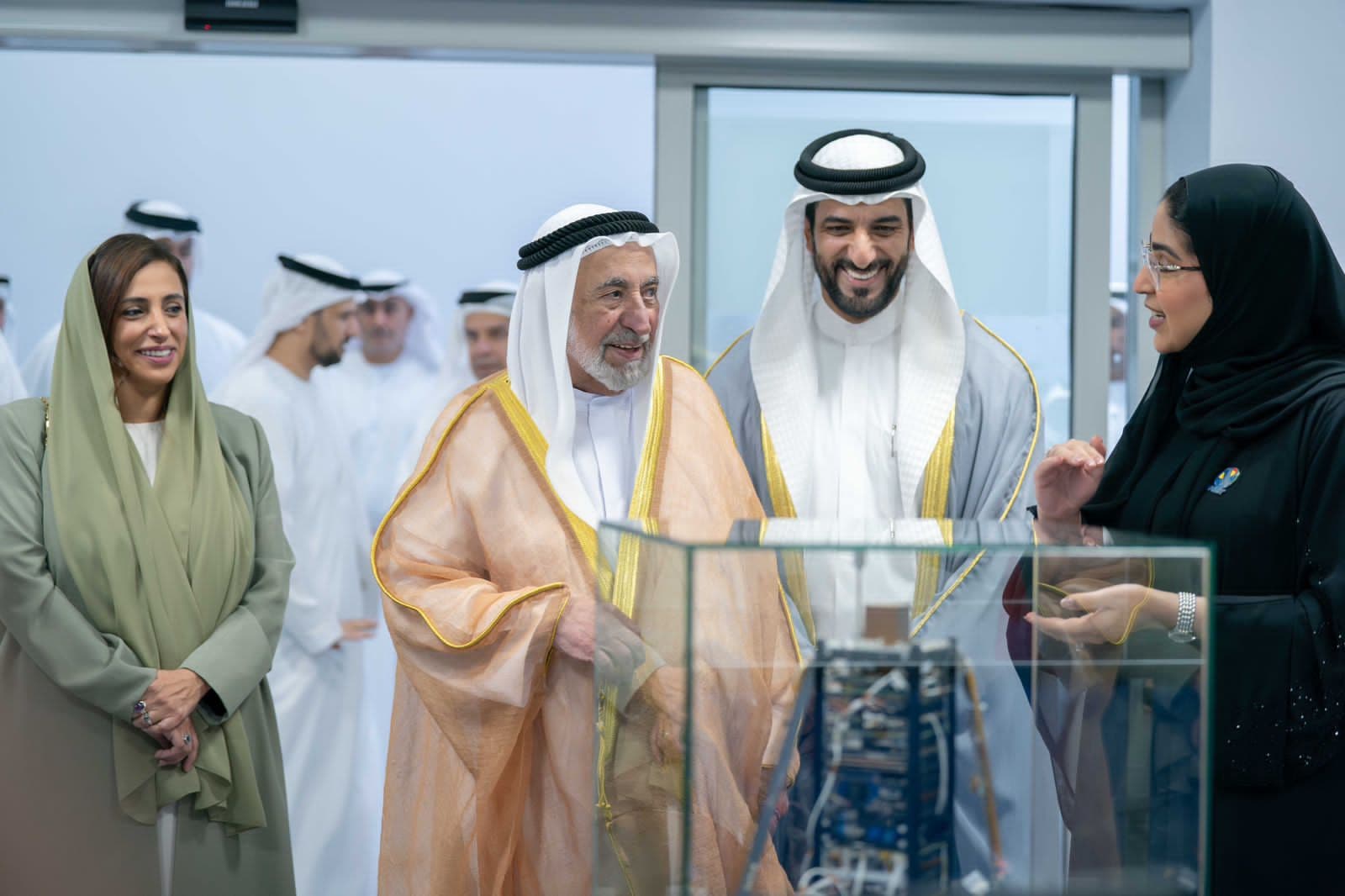
Introduction
The CubeSat Laboratory focuses on the design, development, and operation of CubeSat-class satellites and their payloads. Our goal is to utilize CubeSats to perform scientific experiments and gather critical data across various missions, contributing to the advancement of space technology. The lab also emphasizes training young engineers, shaping future leaders in the space sector. Additionally, the data collected from these missions is used for scientific publications, enhancing both local and global research efforts in the field of spacecraft and satellite technology.
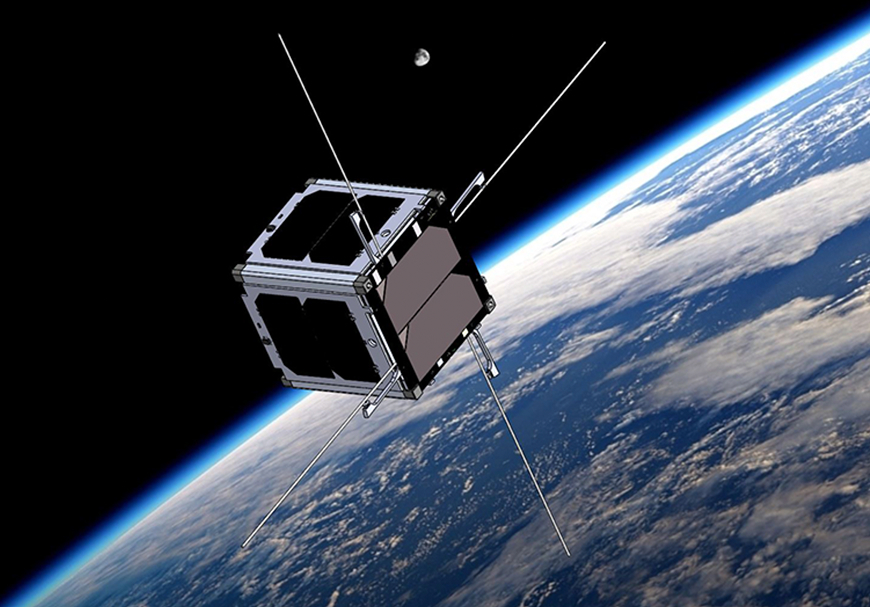
What are CubeSats
CubeSats are miniature satellites that have revolutionized space exploration and research. These small, cube-shaped spacecraft are typically built in units, with each unit (1U) having dimensions of 10x10x10 centimeters and weighing no more than 2 kilograms. CubeSats are designed to be affordable, easily deployable, and can perform a wide range of scientific, technological, and educational missions. They have opened opportunities for universities, research institutions, and even commercial entities to access space and conduct experiments, collect data, and test new technologies. Despite their compact size, CubeSats have proven to be versatile tools, enabling a new era of space innovation and democratizing access to outer space.
Objectives
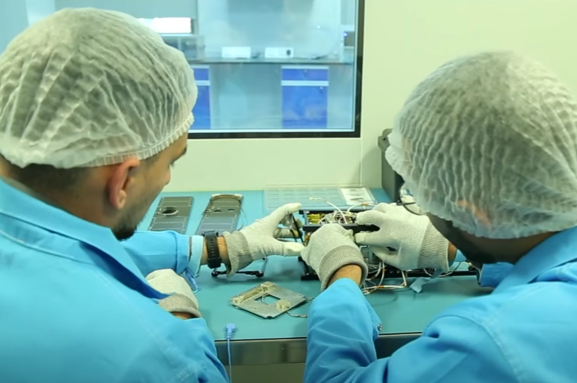
Capacity Building
By engaging students, researchers and engineers in hands-on projects, the lab enhances technical and scientific expertise.

Collaboration and Innovation
The lab collaborates with local and international entities to foster innovation in the UAE's space sector.

Mission Development
We aim to build technical capabilities for designing CubeSat missions, from initial concept to launch and operations in space.
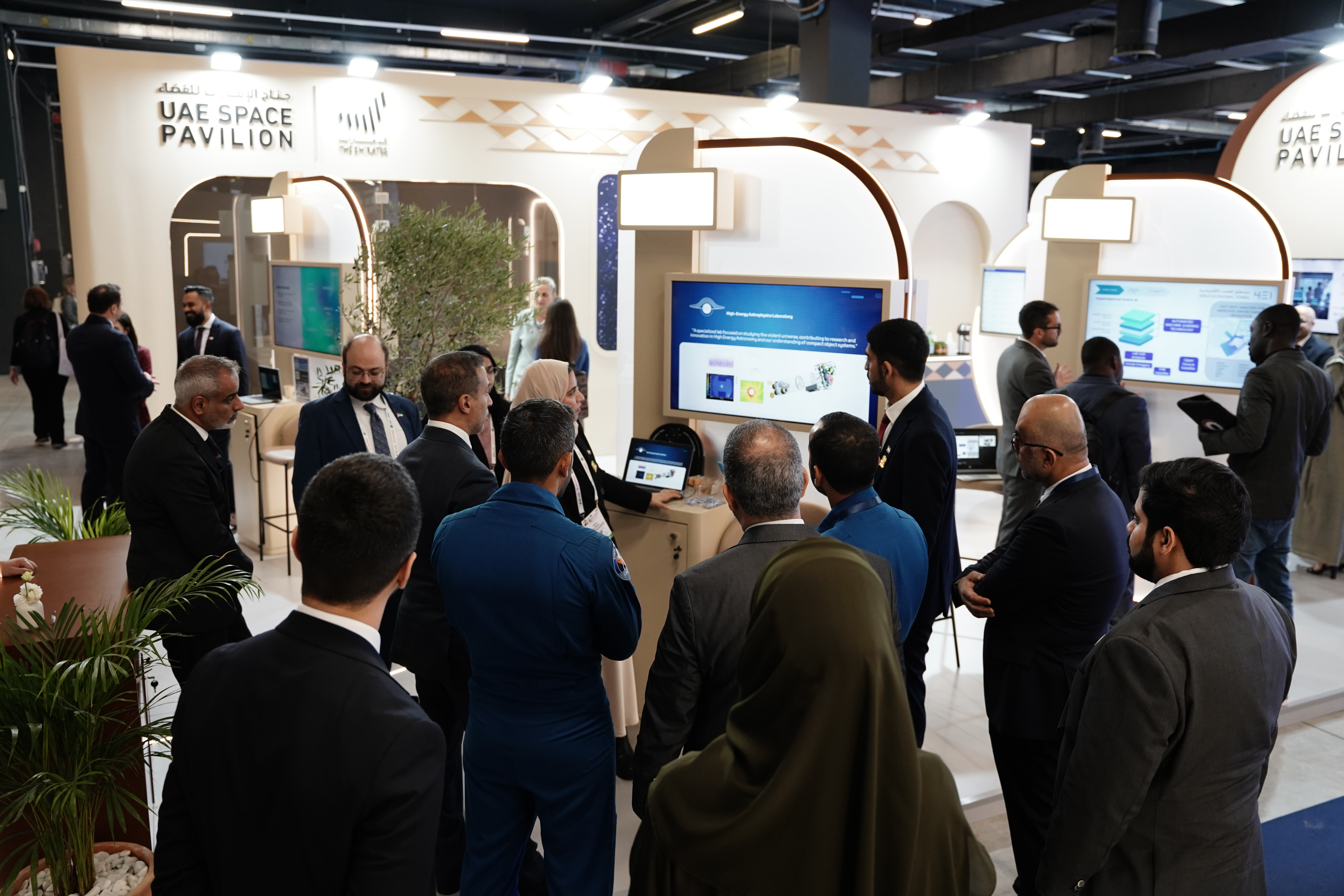
Scientific Contribution
We focus on producing scientific data and publishing research papers that benefit the scientific community.
Our Projects
Facilities and Expertise
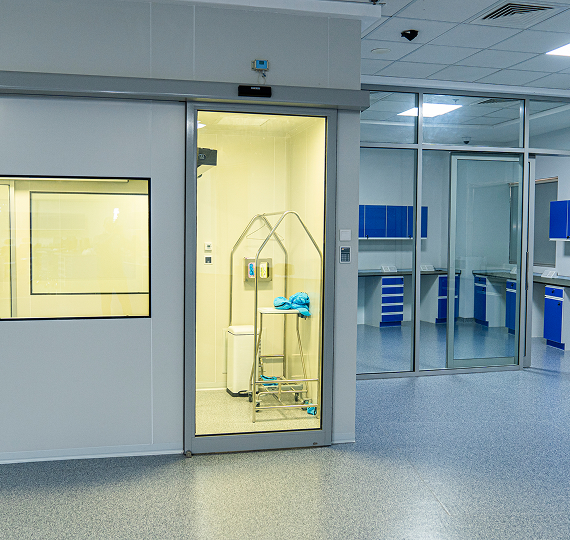
Cleanroom
The ISO 6 certified cleanroom is designed for integration and functional testing activities in a controlled environment that minimizes the risk of particle contamination.
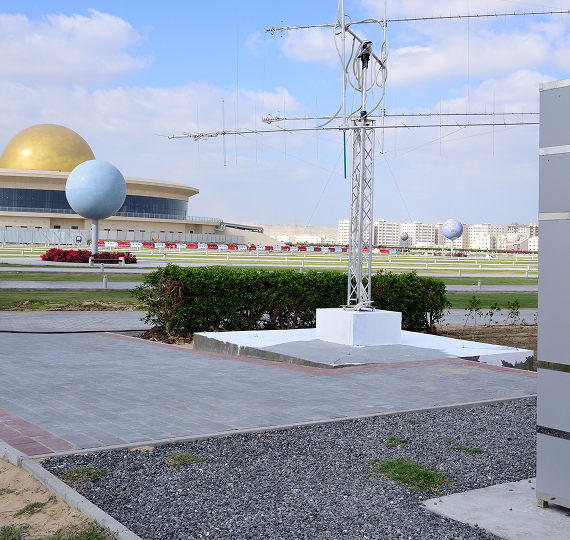
UHF/VHF Ground Station
This ground station is designed to track and communicate with Low Earth Orbit (LEO) CubeSats. It allows for two-way communication, enabling telemetry downlink and command uplink for satellite operations.
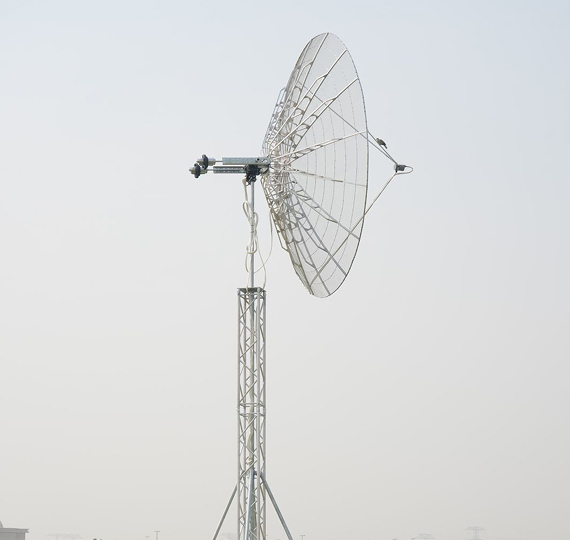
S-Band Ground Station
This ground station features a 4.5-meter parabolic antenna and operates at a frequency of 2.4 GHz. It is designed for high-data-rate communication with satellites, including Sharjah-Sat-1.
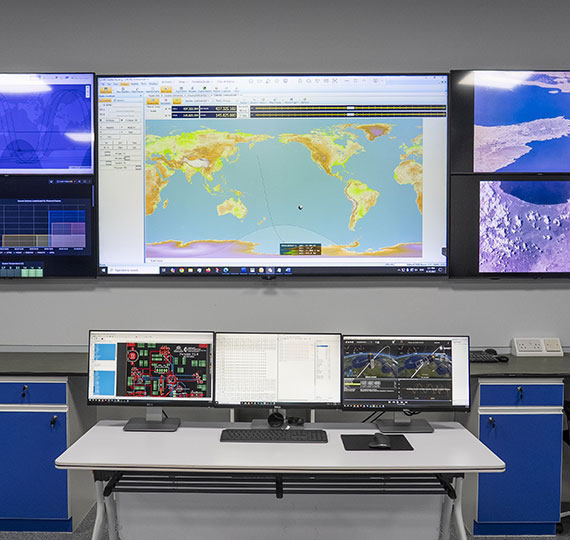
Mission Operations
The CubeSat Laboratory is equipped with high-performance workstations loaded with the necessary software for mission design, simulation, and analysis.
Our Team

General Enquiry
Seeking more information? Our dedicated team is ready to address your queries. Connect with us through our general enquiry channels for prompt and insightful assistance.


